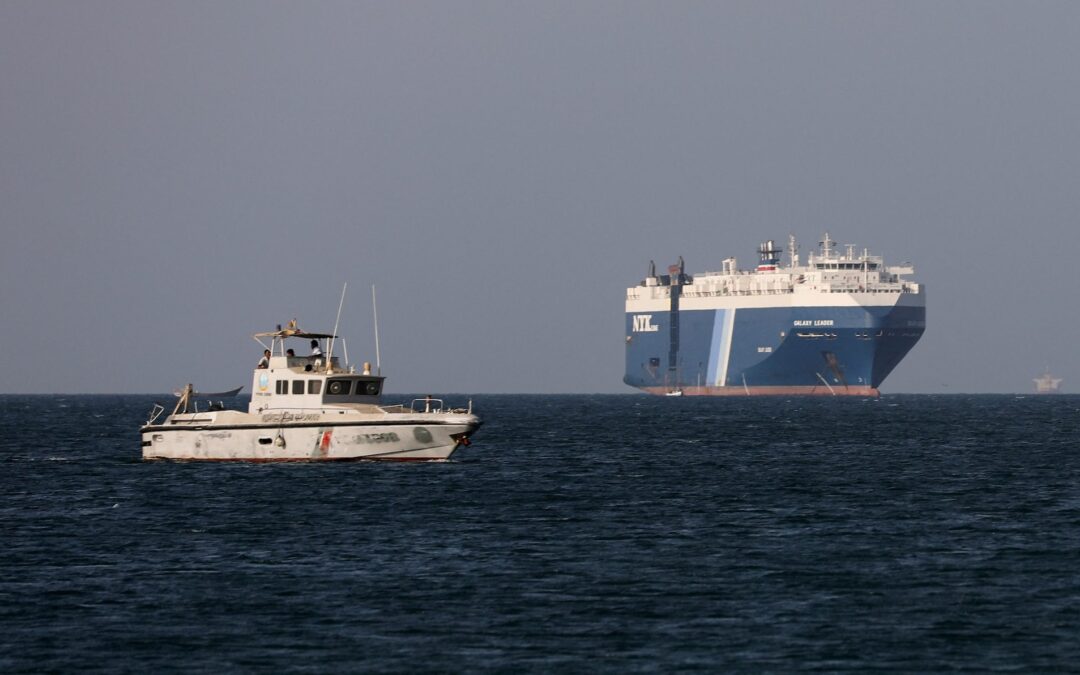Reliance, in its chartering contracts, is offering tanker owners a flexibility to go via the Red Sea, a shipping route vital to east-west trade, or the Cape of Good Hope for safe transportation of the fuels to the buyer, shipping sources said
Mumbai:
Most of the tankers loaded with fuel from Reliance Industries refineries in western India are sailing via the Cape of Good Hope to avoid the Red Sea due to the heightened risk of attacks by Yemen’s Houthi group, according to shipping sources and ship tracking data.
Globally fuel producers are avoiding the Red Sea and go around Africa to avoid Iran-aligned Houthi attacks despite the Suez canal being the shortest route between Asia and Europe.
Reliance, in its chartering contracts, is offering tanker owners a flexibility to go via the Red Sea, a shipping route vital to east-west trade, or the Cape of Good Hope for safe transportation of the fuels to the buyer, shipping sources said.
Sources said most tanker owners are now opting for the Cape of Good Hope route.
Reliance, the operator of the world’s biggest refining complex, supplies diesel and jet fuel to Europe mostly on a delivered basis.
According to LSEG data, at least eight tankers since mid-February have taken the Cape of Good Hope route to supply jet fuel and diesel to Europe.
The tankers included Hafina Yangtze, Dimitri, Sabrina Glory, Arisarchos, High Prospertix, Atalantic Gold, Marlin La Plata, and Neutron Sound.
Although some shipping companies have instructed vessels to sail around southern Africa, a longer and therefore more expensive route, there are rare instances when tanker owners take the conventional Red Sea route as well.
Reliance did not respond to Reuters’ email seeking comments.
Reliance’s two refineries at Jamnagar in western Gujarat State have a combined capacity to process about 1.4 million barrels per day of oil.

